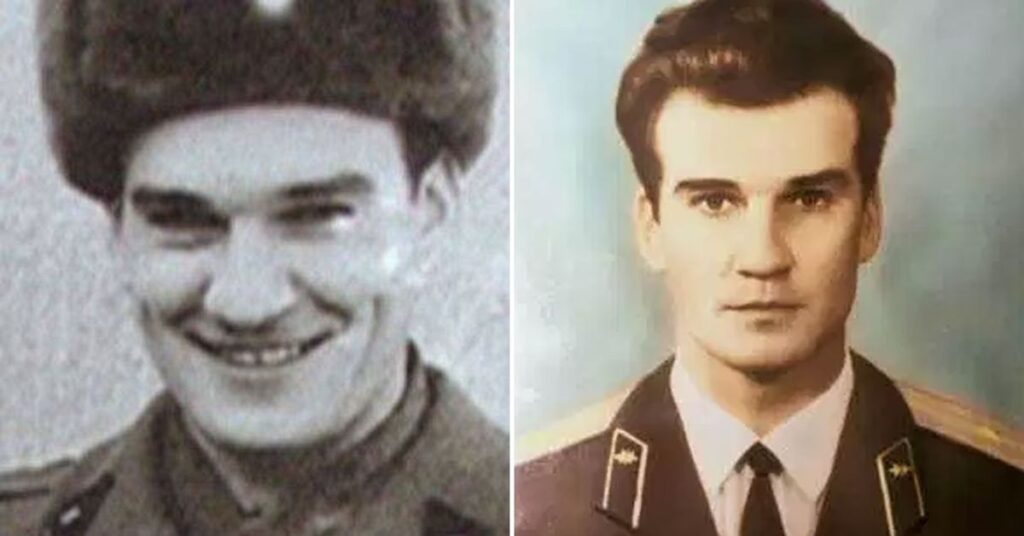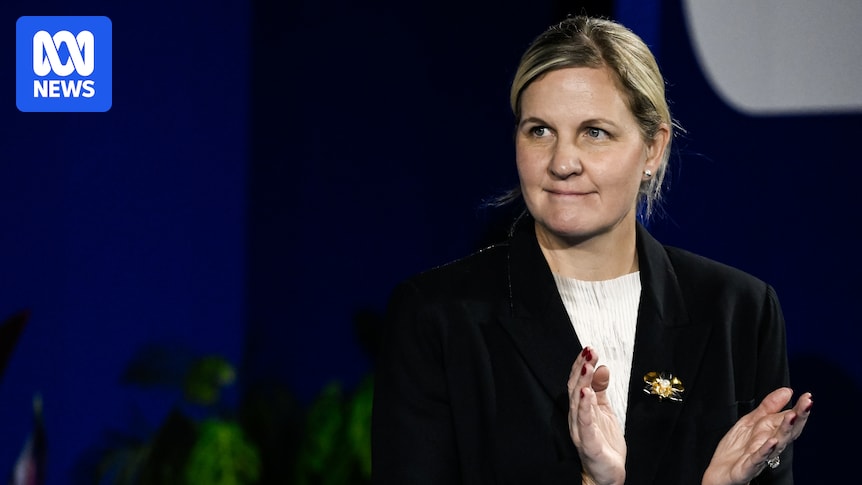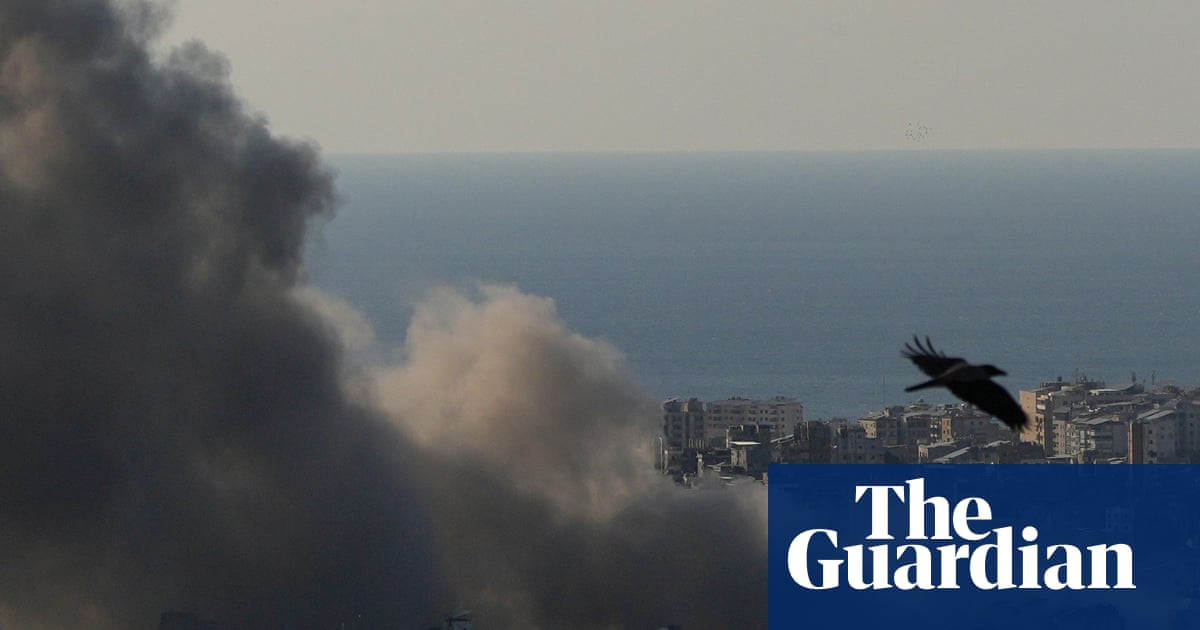
On September 26, 1983, a seemingly routine night for Lieutenant Colonel Stanislav Petrov at the Soviet Air Defence became a pivotal moment in history. As duty officer, Petrov faced a dire situation when Soviet early warning satellites signaled an incoming nuclear attack from the United States. Yet, in a decision that would prevent potential nuclear armageddon, Petrov chose not to report the alert to his superiors.
The system, designed to detect and alert Soviet forces of a U.S. missile launch, had malfunctioned. Petrov’s role was critical; his report would trigger a retaliatory strike involving tens of thousands of nuclear missiles aimed at the U.S. and its allies. Such an escalation could have led to catastrophic consequences for humanity.
The Moment of Decision
With only minutes to act, Petrov relied on his instincts rather than the flawed data. “All I had to do was to reach for the phone, to raise the direct line to our top commanders – but I couldn’t move,” Petrov recounted in an interview with the BBC. “I felt as if I was sitting on a hot frying pan.” His intuition told him something was amiss, a suspicion that proved correct.
The alert was a false alarm, caused by sunlight reflecting off clouds and misinterpreted by the satellites as missile launches. Petrov’s hesitation prevented a nuclear response that could have altered the course of history.
Cold War Tensions and Missteps
The incident occurred during a period of heightened tension in the Cold War. For two years, the U.S. had conducted operations intended to provoke the Soviet Union. American bombers frequently approached Soviet airspace, altering their course at the last moment, while intelligence ships tested Soviet territorial boundaries. These actions contributed to a climate of distrust and fear.
Despite his crucial decision, Petrov was reprimanded for failing to maintain an accurate logbook during the false alarm. This reprimand overshadowed his role in averting a potential disaster. He retired the following year, living modestly on a military pension until his death in May 2017, a fact that only became public months later.
Legacy and Recognition
Petrov’s story remained largely unknown for years, overshadowed by other global events. On the same day in 1983, Australia celebrated a historic victory in the America’s Cup, capturing the world’s attention and further obscuring the near-catastrophe.
In hindsight, Petrov’s decision is celebrated as a defining moment of restraint and courage. Experts have since highlighted the incident as a stark reminder of the dangers inherent in nuclear deterrence strategies and the potential for human error.
“The world came incredibly close to disaster, and it was only avoided by the calm and rational thinking of one man,” said historian David Holloway, an expert on Cold War military strategies.
Implications for Today
The Petrov incident underscores the importance of human judgment in military decision-making, even in an era increasingly dominated by technology and automation. It serves as a cautionary tale about the risks of reliance on automated systems without human oversight.
As geopolitical tensions continue to simmer globally, the lessons from 1983 remain pertinent. The need for clear communication, trust-building, and diplomatic engagement is as critical now as it was during the Cold War.
Petrov’s legacy is a testament to the power of individual action in the face of overwhelming pressure. His story is a reminder of the thin line between peace and conflict and the potential for one person’s decision to change the course of history.







